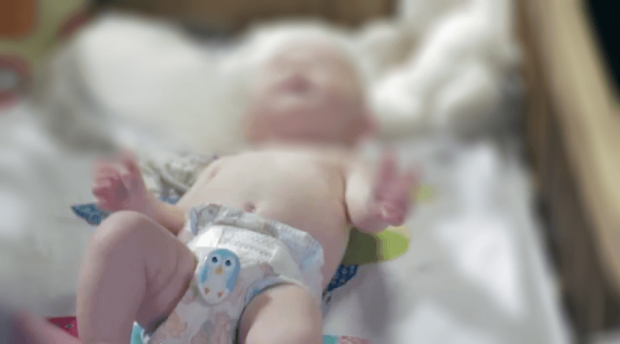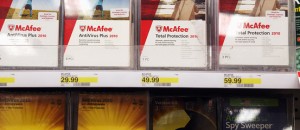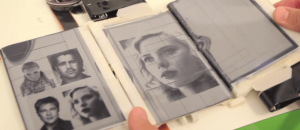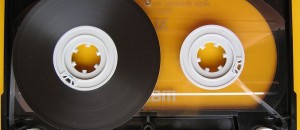Have you ever thought about how great it would be if your infants diaper could send you an electronic alert when it’s time to be changed? No? Me either.
Huggies has revealed a unique concept device that does exactly that. After clipping it to the front of the diaper, it synchronizes with an iPhone app and sends the [clueless] parents a message when a golden stream has been unleashed. Apparently, it’s able to detect the wetness thanks to a humidity sensor. I’m curious if it would trigger notifications thanks to a sweaty baby too, because babies can definitely sweat in diapers especially here in sunny Florida where I’m from.
The related device is called the –wait for it- TweetPee. Very original name, right? Currently, the device and accompanying application are being tested in Brazil by a select group of parents.
The device itself “is intended merely as a concept […] to help showcase these 10 parents’ experience with the app,” and “will not be made available for purchase.”
According to parent company Kimberly-Clark the application is supposed to help parents track the volume of diapers they use:
“…The experiences of 10 moms and dads who use the app to streamline and more effectively plan for their purchases.”
Kimberly-Clark also points out that the effects of early exposure of an infant’s unmentionables to microwave frequencies is unknown, but these children [in testing] probably aren’t going to sprout some kind of strange limb or deformity while using the device. That last bit about the surprise limb was my own doing, I doubt a company would ever include something like that in a press release.
The video below is a promo for the device and the app, but it’s in Portuguese. Still, you can get a pretty good idea of how the setup is designed to work.
Kimberly-Clark also wants any sensitive folks out there to know they are not “suggesting parents are unable or too busy to notice when their babies’ diapers need changing!”
Not to put you on the spot or anything, but what do you think? Would you use something like this if it were to be released commercially?
[via Gizmag, Kimberly-Clark]

 Email article
Email article




